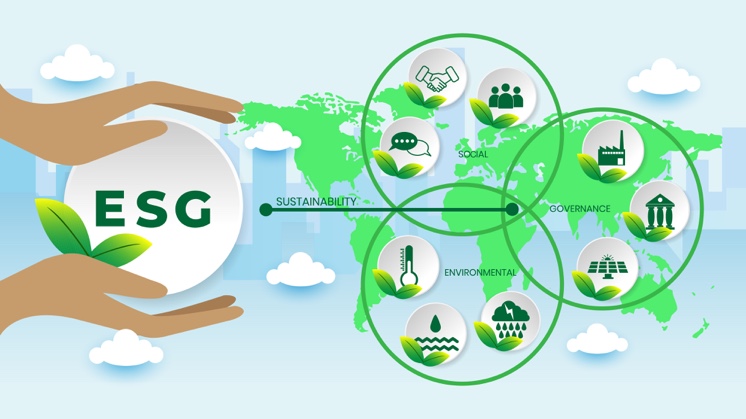Why ESG Ratings Matter and How Companies Use Them?

Table of Contents
What is an ESG Rating?
A variety of entities provide reports on firms’ environmental, social, and governance (ESG) performance over time. They assign ESG scores for companies and these scores are assigned at an ESG issue level allowing investors to aggregate scores for the issues they think are relevant. To construct their ratings, the various organizations use a variety of data points and industry materiality, creating a wide variance in the scores assigned.
The difference between rating providers is not limited to the data or materiality uses but also extends to their rating scale. There are numerous rating scales that range from numerical scales between 1 and 100 to letters such as AAA through CCC or D; in some cases the performance are even represented as deciles or stars.
This variation notwithstanding, investors utilize ESG rankings to evaluate investment decisions
Usually investors subscribe to data from multiple providers while using a single same agency as the assessment provider. This helps asset managers create a time series and track the company’s ESG performance over the investment horizon.

What does the ESG rating measure?
In the broader context, ESG scores for companies measures the ESG risk management capability of that company and the possible impact of residual ESG risks. There are assessment providers who also consider the ESG impact of a company instead of limiting the assessment to ESG risk management capabilities.
Most ESG assessment providers update the ratings on an annual basis, except in cases where specific events require the re-assessment of the company’s risk framework.
How do asset managers use ESG Assessments/ratings?
ESG assessments are used to support multiple portfolio strategies. At the most rudimentary level asset managers use ESG assessments as a filter for stock selection. For examples some investors may prefer not to invest in so called “Sin Stock”, which are companies that make revenues from alcohol, gambling, pornography and such. ESG assessments identify companies that have revenues from such identified business lines and asset managers then systematically exclude such companies. As well as information about ESG score for companies.

More sophisticated investment strategies are used to construct portfolios based on risks and opportunities in ESG. For example some asset managers may construct low carbon portfolio by selecting companies that have a carbon reduction strategy, provided they also have good governance practices and are consistently making a positive social impact. Such complex portfolio construction depends on ESG scores on different parameters and overall ESG ratings.
Why do ESG ratings matter?
With increased interest in ESG, asset managers want a method to assess a company’s ESG performance objectively.
These ESG ratings are intended to assist investors in identifying and comprehending financially meaningful ESG risks. Investors utilize these ratings as a ready measure of ESG performance as companies that do well on ESG assessments are seen to be better at anticipating ESG risks and opportunities, attracting higher levels of capital flows.








